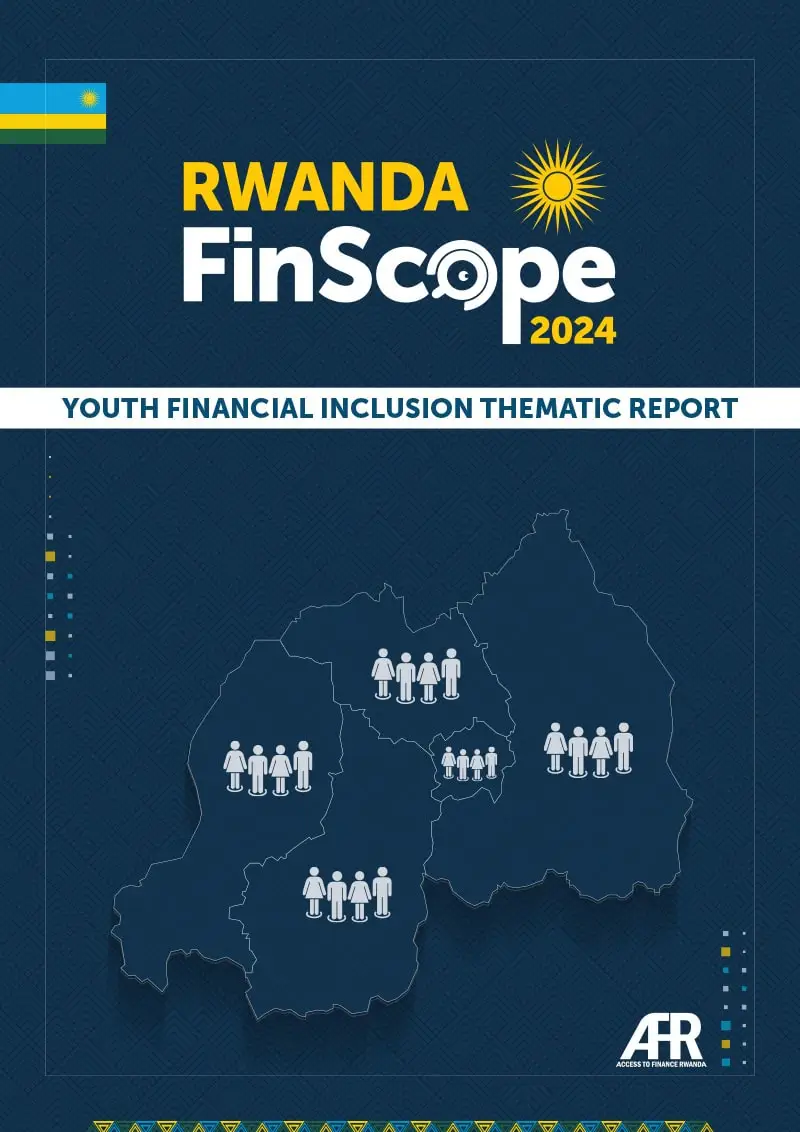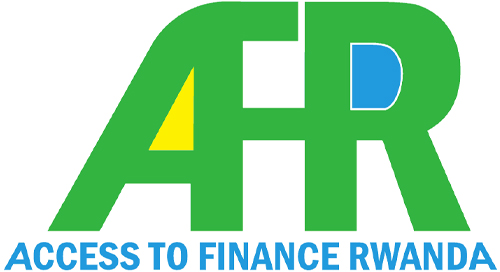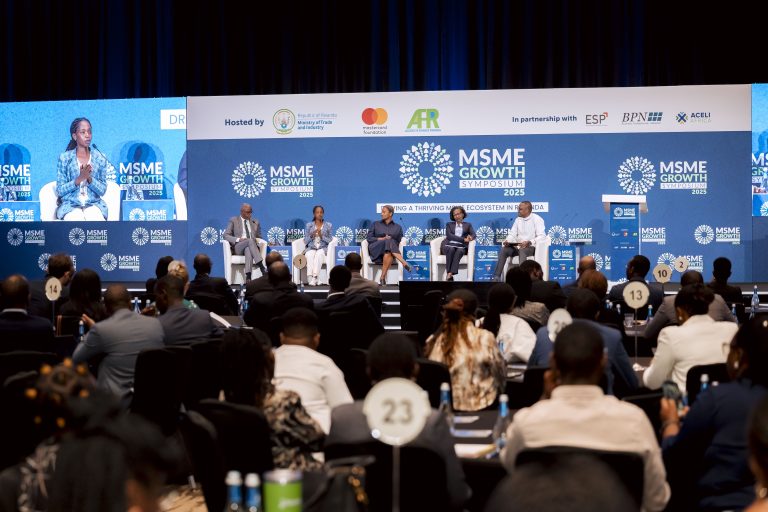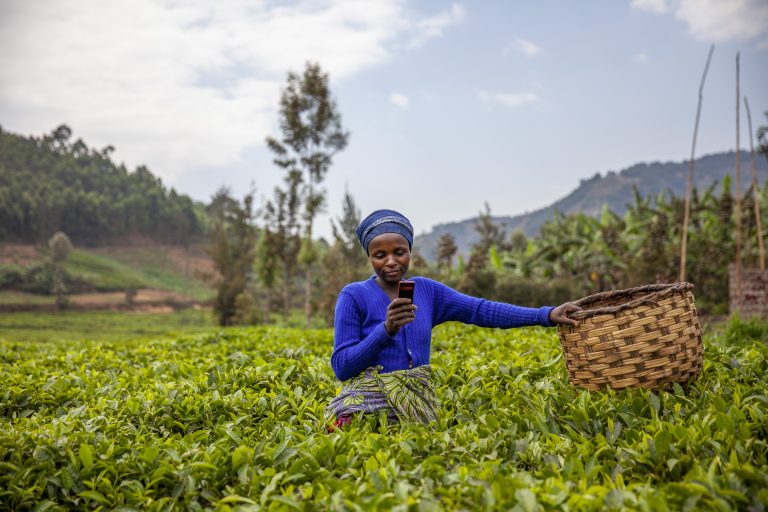

Annexes
Executive summary:
Rwanda recognises financial inclusion as a vital component in achieving its development and poverty-reduction goals. To this end, the government has implemented various initiatives, including the approval of the Financial Sector Development Strategy and National Strategic Development Plans, which prioritise inclusive finance and contribute to the country’s economic and social growth. As the National Strategy for Transformation (NST1) and the Financial Sector Development Strategic Plan come to an end, the FinScope consumer survey provides timely and crucial data for stakeholders. This survey is specifically designed to track the overall levels of financial inclusion, assess trends, and identify changes over time, informing evidence-based policy decisions to promote greater financial accessibility and socioeconomic development in Rwanda.
Rwanda’s Vision 2050 goals can only be achieved through structural transformation, which aligns economic aspirations to benefit all Rwandans, including the hard-to-reach segments such as youth, women, and refugees. The youth population is one of the core groups for achieving structural transformation. If well-empowered, youths are a major asset for the country and key drivers of sustainable development.



